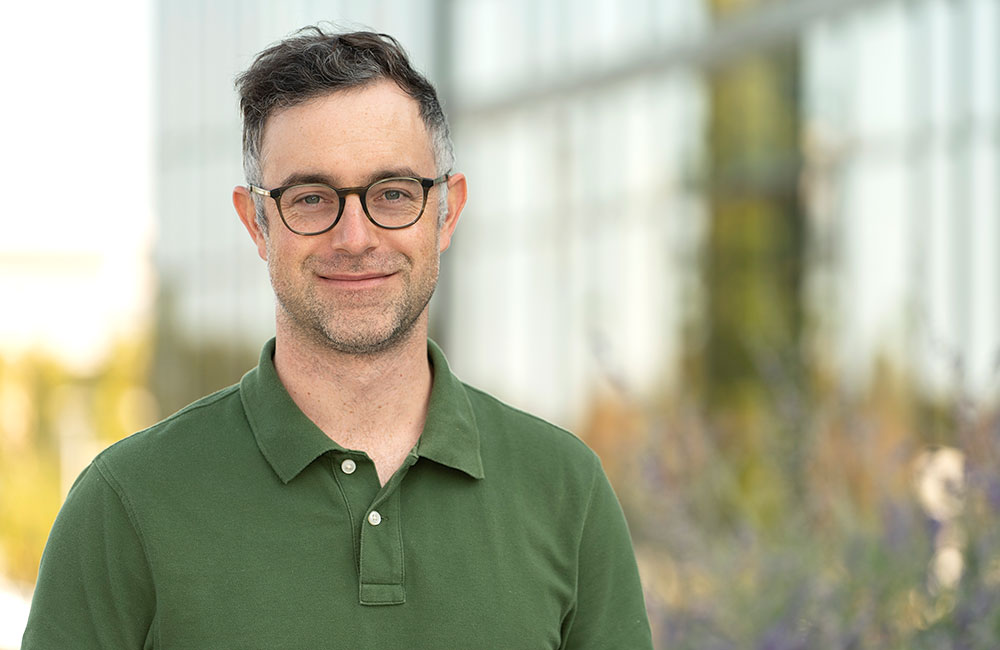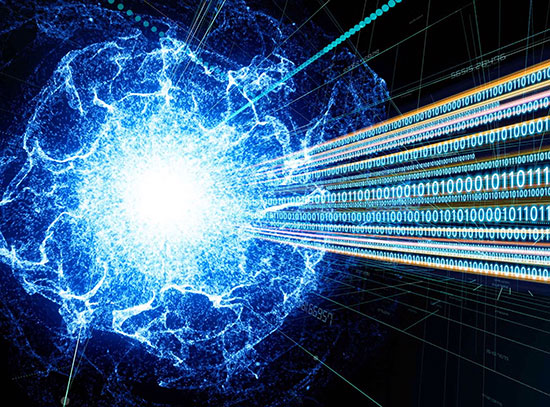520th Brookhaven Lecture: Electrons in Quantum Materials
October 21, 2021
Even if you can't explain how it works, you may have heard how quantum computing could change the world, revolutionizing our ability to handle complex calculations far, far faster than the "classical" computers of today. Maybe you've also heard that quantum network technology could offer unrivaled security.
Quantum computers and networks rely on materials with exotic properties that arise from interactions among the electrons they contain.
For more than a century, researchers have used x-rays to study materials' inner structures. They are now using an advanced x-ray technique to probe properties that are crucial for understanding how quantum materials function—and to exploit the materials' capabilities for future applications.
On Wednesday, Oct. 27, join Mark Dean of the Condensed Matter Physics & Materials Science Department at the U.S. Department of Energy's (DOE) Brookhaven National Laboratory for the 520th Brookhaven Lecture. His talk, titled "X-ray Vision of Electron Behavior in Quantum Materials," will be held at 4 p.m. on Zoom.
During Dean's talk, he will describe a technique, called "resonant inelastic x-ray scattering," and its uses in studying quantum materials. Available to researchers at the SIX beamline at the National Synchrotron Light Source II, a DOE Office of Science User Facility at Brookhaven Lab, this technique provides details of quantum materials' unique charge, lattice, orbital, and spin properties. Dean will also discuss progress researchers have made and future opportunities for better understanding quantum materials.
About the Speaker
Dean is a physicist and an expert in the area of resonant inelastic x-ray scattering. His research is focused on quantum materials, including high-temperature superconductors, strongly spin-orbit coupled materials, complex oxide heterostructures, non-equilibrium states, and topology in crystalline materials.
Dean joined Brookhaven Lab in 2010. He was awarded DOE's prestigious Early Career Research Program funding in 2014. Dean earned a master's degree in physics from the University of Nottingham in 2006 and a Ph.D. in physics from the University of Cambridge in 2010, both in the United Kingdom.
Brookhaven National Laboratory is supported by the Office of Science of the U.S. Department of Energy. The Office of Science is the single largest supporter of basic research in the physical sciences in the United States and is working to address some of the most pressing challenges of our time. For more information, visit science.energy.gov
Follow @BrookhavenLab on Twitter or find us on Facebook.
2021-19198 | INT/EXT | Newsroom










